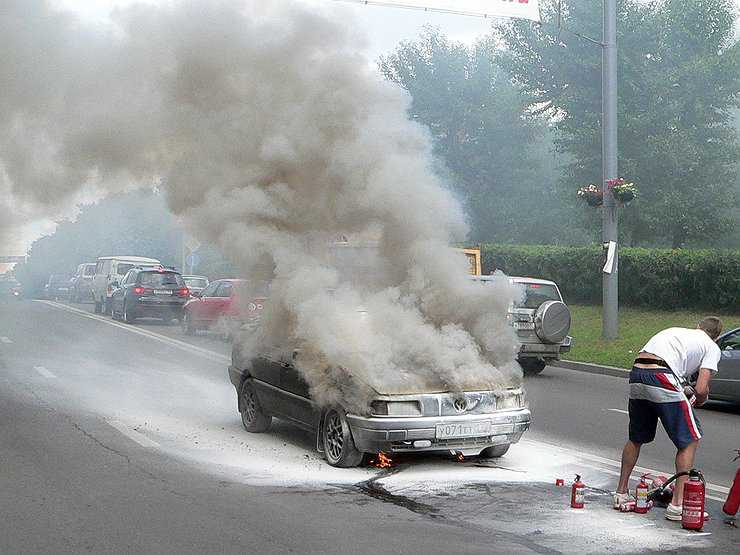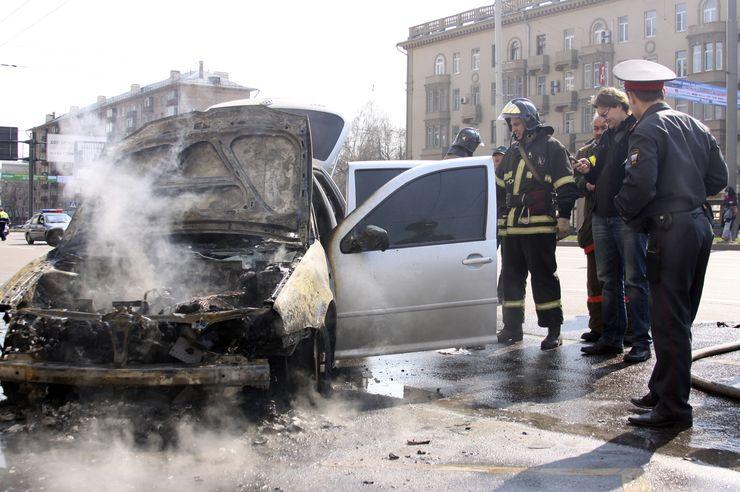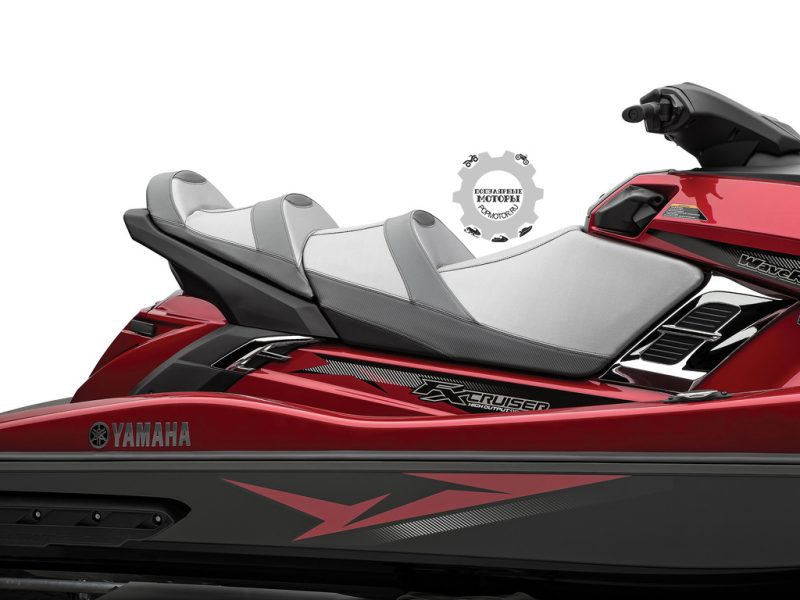
How Antifreeze Can Unexpectedly Cause a Car Fire
A car can ignite suddenly, and there are many reasons for this. The main one is a short circuit, which happens in cars most often in winter. Due to the greater load on the on-board network, dilapidated wires do not withstand and melt. And then the fire. However, danger can come from where you do not expect it at all. And even ordinary antifreeze can blaze, leaving you without a car. How is this possible, found out the portal "AvtoVzglyad".
We are all used to the fact that in addition to gasoline or diesel fuel in a car, there seems to be more and nothing to light up. Well, except that the faulty wiring burns well. And then more often in the winter, when, in addition to the on-board systems of the car, it is loaded with heated seats and windows, a stove and all kinds of chargers in the cigarette lighter. But, as it turned out, not only a short circuit can cause a fire. The most common antifreeze, under certain conditions, ignites no worse than gasoline. But how is this possible?
When choosing a coolant in a store, drivers take either something familiar that they poured before. Or, remembering the stories of experienced drivers that all liquids are the same, and the difference in price is due only to the brand, they buy the cheapest ones. In both cases, the approach to choosing one of the most important fluids in a car is wrong. The thing is that not all antifreezes are fireproof. And the reason for this is the savings of manufacturers.
Coolants are produced on the basis of ethylene glycol. However, the logic of unscrupulous manufacturers is simple: why spend a lot if you can spend a little, leave the price tag the same, but earn more. So they pour glycerin or methanol into canisters for nothing, due to which the coolant becomes flammable, and a number of other negative properties (when heated for a long time, it causes corrosion and releases toxins).

Antifreeze on methanol boils at a temperature of +64 degrees. And the correct coolant on ethylene glycol will boil only at +108 degrees. So it turns out that if a cheap liquid, along with combustible vapors, escapes from under the plug of the expansion tank, and gets on the red-hot parts of the engine, for example, on the exhaust manifold, then expect trouble. To aggravate the situation, of course, can be faulty sparkling wiring.
High-quality ethylene glycol coolant, whose boiling point exceeds 95 degrees, does not burn.
Numerous studies have proven that virtually all antifreezes are combustible, with rare exceptions. As well as a number of antifreezes. Therefore, you need to choose the coolant for your car that is recommended by the automaker. And if you want to save money, then you need to focus not on the price, but on the tests carried out by specialists.
Preference should be given to those manufacturers where the canisters have the designation G-12 / G-12 +: these are ethylene glycol antifreezes that not only boil at high temperatures, but also contain a number of additives that prevent corrosion of the car’s cooling system, and have a good anti-cavitation effect (at boiling in the liquid does not form bubbles that can destroy the outer walls of the cylinders).
It is easy to check the already purchased antifreeze for the presence of methanol by testing the liquid, for example, with test strips that react to alcohol. But it is much more effective to study the materiel, and, as already mentioned, purchase coolant from well-known brands, of course, after familiarizing yourself with the tests of their antifreezes.

